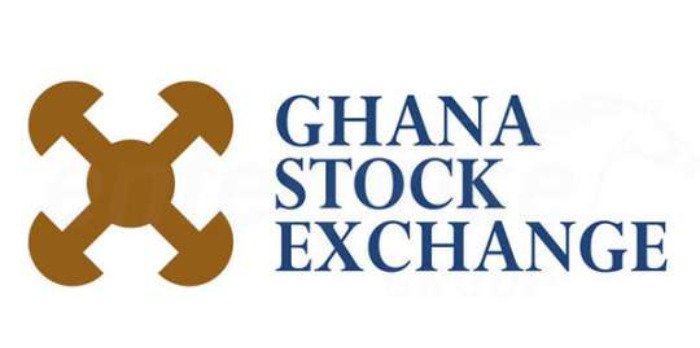
The bullish performance recorded in 2022 by The Ghana Stock Exchange (GSE) in spite of the macroeconomic challenges is one of the leading stories in the Ghanaian press on Friday.
The Ghanaian Times reports that the Ghana Stock Exchange (GSE) recorded bullish performance last year in spite of the macroeconomic challenges.
The Equities market closed the year with an increase in volume, value and number of transactions.
The volume of shares traded last year on the Accra bourse increased to 1,335,262,647 in 2022 from 486,587,748, representing an increase of 174.41 per cent, the GSE said in a statement on the full year report on trading activities, copied to the Ghanaian Times in Accra on Tuesday.
It said the value of shares traded rose to 1,639,787,622.32 in 2022 from 533,270,293.38 in 2021, representing an increase of 207.50 per cent.
“The number of transactions increased by 38.23 per cent compared with the same period last year,” the statement said.
According to the statement, market capitalisation increased by 0.32 per cent from GH¢ 64, 495.20 million at the end of December 2021 to GH¢ 64, 507.32 million at the end of December 2022.
However, it stated that the Composite and Financial Stock Indexes returned -12.38 per cent and -4.61 per cent respectively.
The top gainers for the year were SIC, which recorded a gain of 287.59 per cent, and TBL also recorded a gain of 135.29 per cent.
Access, the statement said, recorded a gain of 27.30 per cent, BOPP gained 15.04 per cent and EG recorded a gain of 14.70 per cent.
It explained that the Ghana Fixed Income Market closed the year with a cumulative volume trade of 230.68 billion, which was a 10.60 per cent increase from the 298.57 billion volumes traded same period last year.
“The bond market closed the year with cumulative volume trade of 230.68 billion, representing an increase of 10.68 per cent compared with the total volume trade of 208.57 billion in the previous year,” the statement said.
It said the total number of trades for the year increased by 58.30 per cent from the 346.803 trades in 2021 to 528.188 trades in 2022 from 215.8 billion in 2021, representing an increase of 2.46 per cent.
The newspaper says that Ghana has been allocated $234 million by the Global Fund (GF) to fight against Malaria, Tuberculosis (TB) and HIV/ AIDS.
The grant, spanning 2023-2025 is expected to accelerate efforts at reducing prevalence of the three diseases as well as build a resilient health system to control epidemics.
In view of that, the Country Coordinating Mechanism, (CCM), which manages Ghana’s GF funds, yesterday launched a countrywide stakeholder dialogue to solicit inputs towards a final application to access the funds by January 2024.
The Executive Secretary of CCM-Ghana, Samuel Hackman, in a remark said Ghana’s allocation was based on disease burden levels and current economic status.
He said of the total amount, $120 million would go into malaria interventions, $95 million into HIV/AIDS and $18.2 million to fight TB.
“Recent unprecedented health challenges had a devastating impact on the progress made but together, we can get back on track to end the three diseases by 2030, to build resilient and sustainable systems for health and strengthen pandemic preparedness, to make the world healthier and more equitable,” he noted.
According to the Executive Secretary, the idea to embark on a dialogue across all 16 regions of Ghana to take views from the general public was to ensure the final funding request presented, reflects real needs of the populace to advance quality healthcare.
“We must put people and com¬munities at the centre of all our work. We must put greater focus on equity, sustainability, efficiency, program quality and innovation.
We must reduce new infections across the three diseases, addressing structural barriers and leveraging innovations in prevention tools and approaches,” he stated.
The Graphic reports that the Ghana Gas Company Limited (Ghana Gas) has said it saves the nation about $3m every month through the indigenisation of its operations.
It said the company started making savings after replacing Chinese expatriate engineers and technicians with their Ghanaian counterparts at the Atuabo Gas Processing Plant in the Western Region and other pipelines between 2017 and 2022.
It said in line with that development, it had intensified the training of its engineers and technicians to enable them to run the facilities efficiently to sustain the gains made over the years.
The Chief Executive Officer (CEO) of Ghana Gas, Dr Ben Asante, who made this known at the State of the Agencies series organised by the Ministry of Information in Accra yesterday, added that the monthly savings had enabled the company to build solid intellectual capital to sustain the growth of the industry.
He said Ghana Gas, after its incorporation in July 2011, went through a period of infrastructure construction and officially commenced operations with Chinese engineers.
“Between 2011 and the end of 2016, the Chinese were managing our gas processing plants and pipelines. Since 2017, indigenous Ghanaian engineers and technicians have taken over the operations of the plant.
“It took Trinidad 40 years to become fully indigenous; Nigeria 50 years and Ghana just three years to make the same move.
“Six years after the exit of the expatriates, we have built solid intellectual capital and done three successful maintenance shutdowns,” he said.
According to Dr Asante, the company’s vision and success story were anchored on three pillars — business, personnel training and community development.
The newspaper says that the Minerals Commission has increased from 41 to 50 the goods and services items that local companies can supply to mining companies.
The Chief Executive Officer of the commission, Martin Ayisi, who disclosed this to the Daily Graphic yesterday, said the new list, which is the fifth edition, came at a time when receipts from mineral revenues and investments in the sector had reached $10 billion.
He said while mining companies produced about four million ounces of gold at a value of about $7 billion last year and were on course to deliver same this year, investments to expand mines and start new ones reached about $4 billion.
Each of the procurement items comes with quotas that must be reserved for local suppliers and service providers as a way to integrate the mining sector with the rest of the economy to boost local businesses.
Mr Ayisi said since mining companies spent three times more on goods (inputs) and services than what they paid in taxes and royalties, the increase in the items on the list would boost the local economy through local content and participation in the mining industry.
He explained that the 50 items on the list were items that the commission’s research had established were the most regularly procured by the mines over the years.
While they had been mostly imported in the past, he said, local companies had built capacity and expertise to be able to deliver or supply them, hence the passage of the Minerals and Mining (Local Content and Local Participation) Regulations, 2020 (L.I. 2431), which came into force on December 22, 2020 to help support local companies to secure contracts in the mining industry.
For instance, contract mining, service operation, as well as the supply of fuel to the mines, were all reserved for local companies, while others, such as underground mining services, had percentages that should be given to Ghanaian companies, he said.
He said while Ghanaian companies grew capacity in the area, the percentage of work or contracts they should execute would also be increased.
GIK/APA


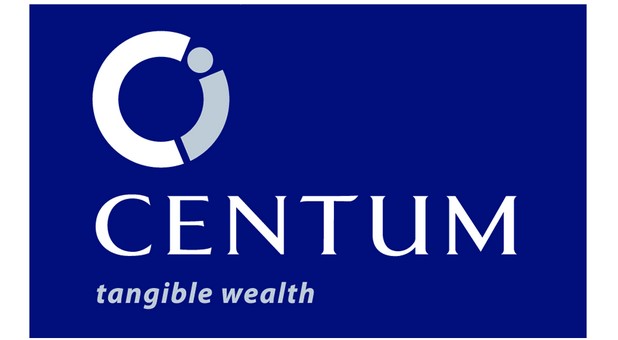
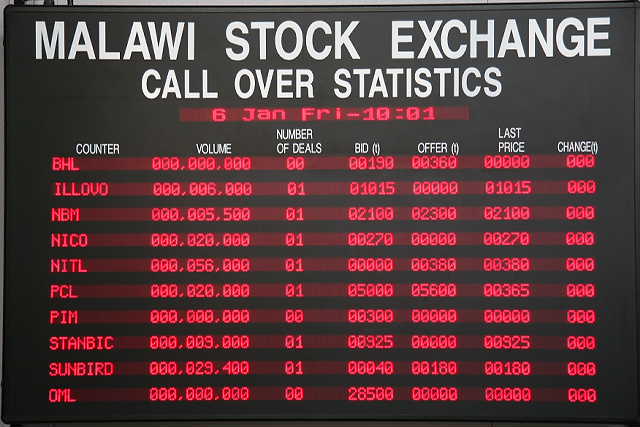

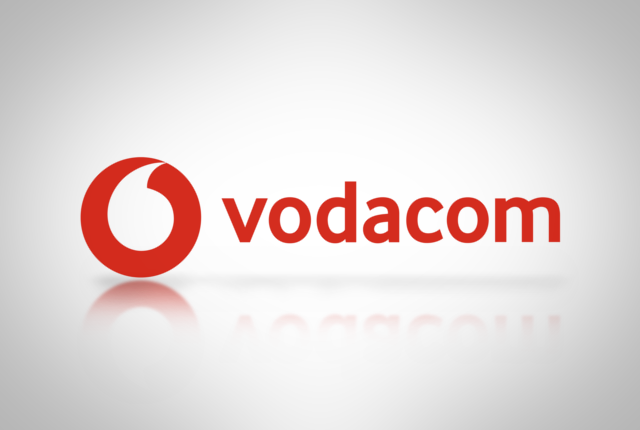
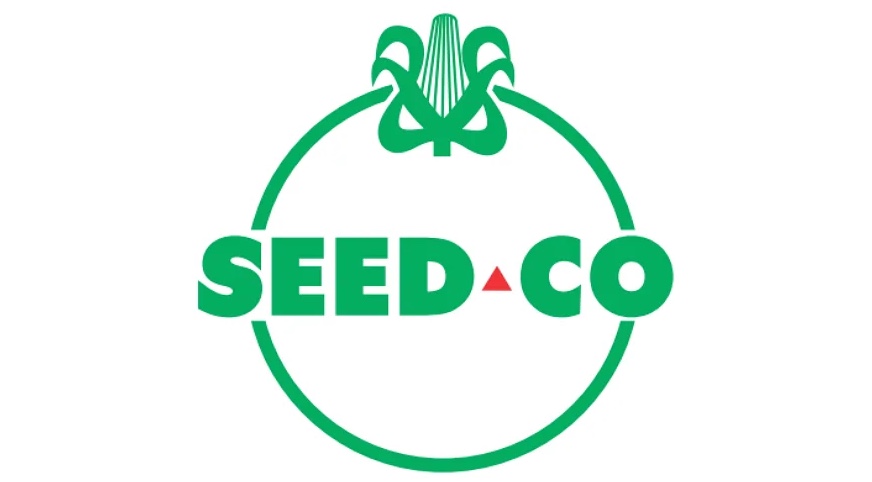
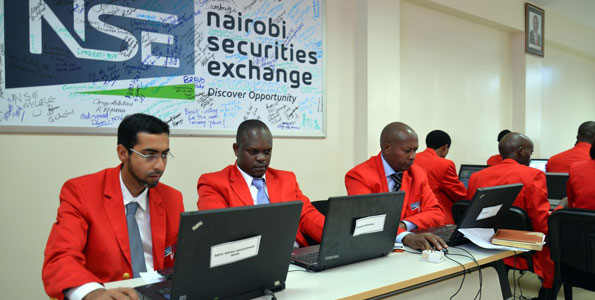


Comments